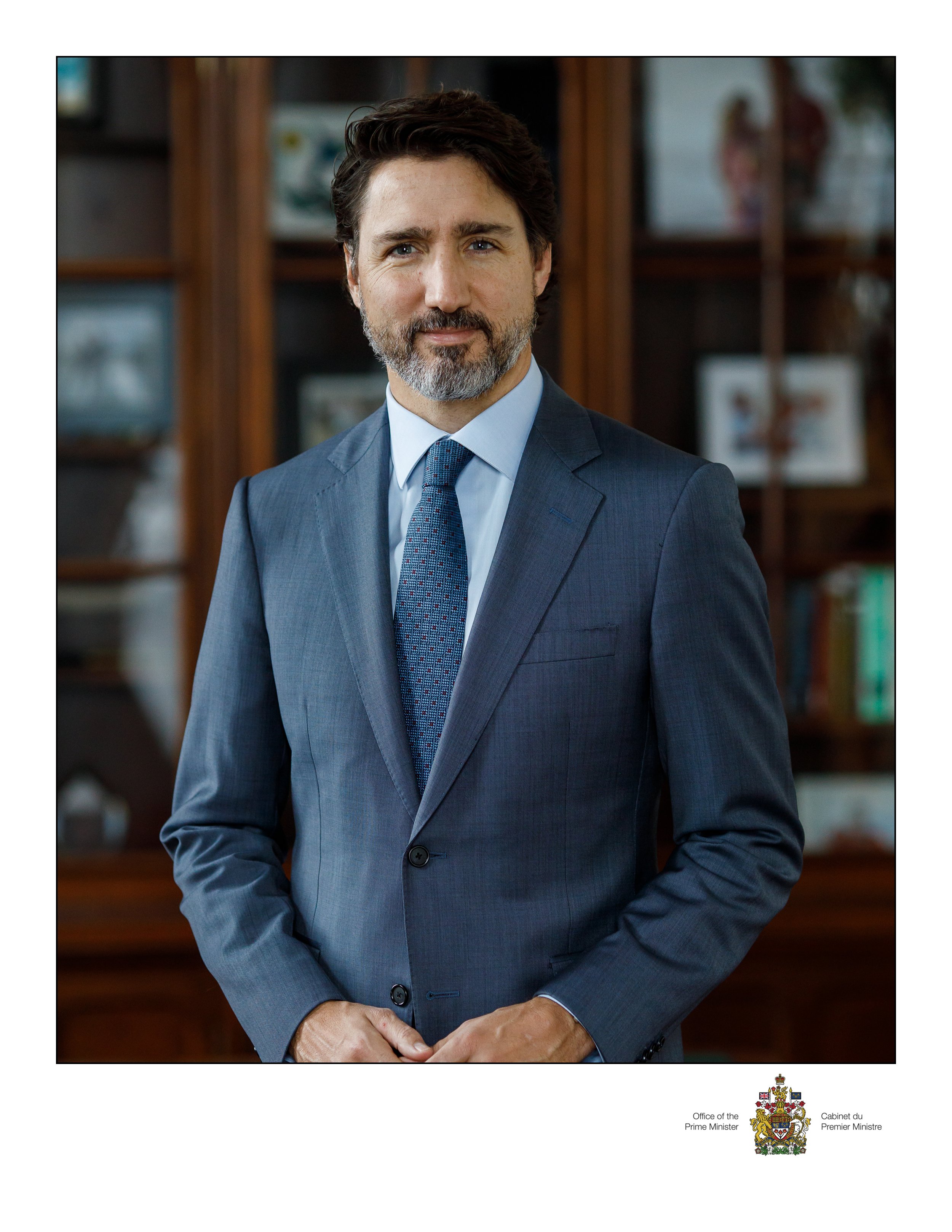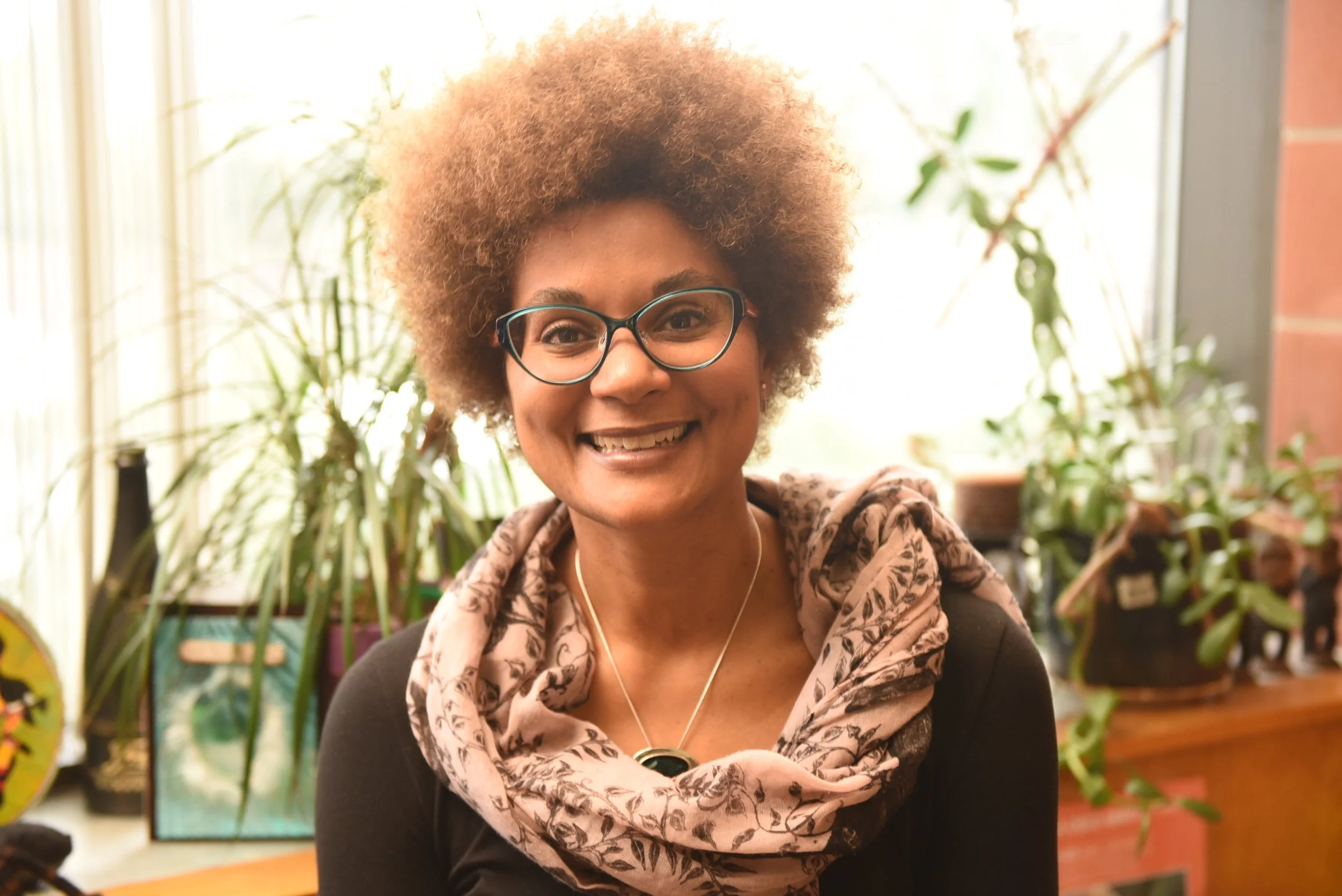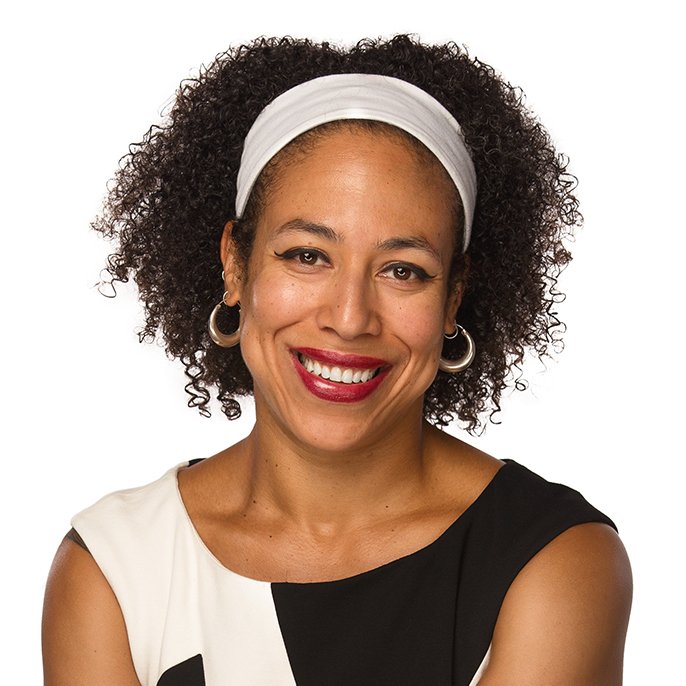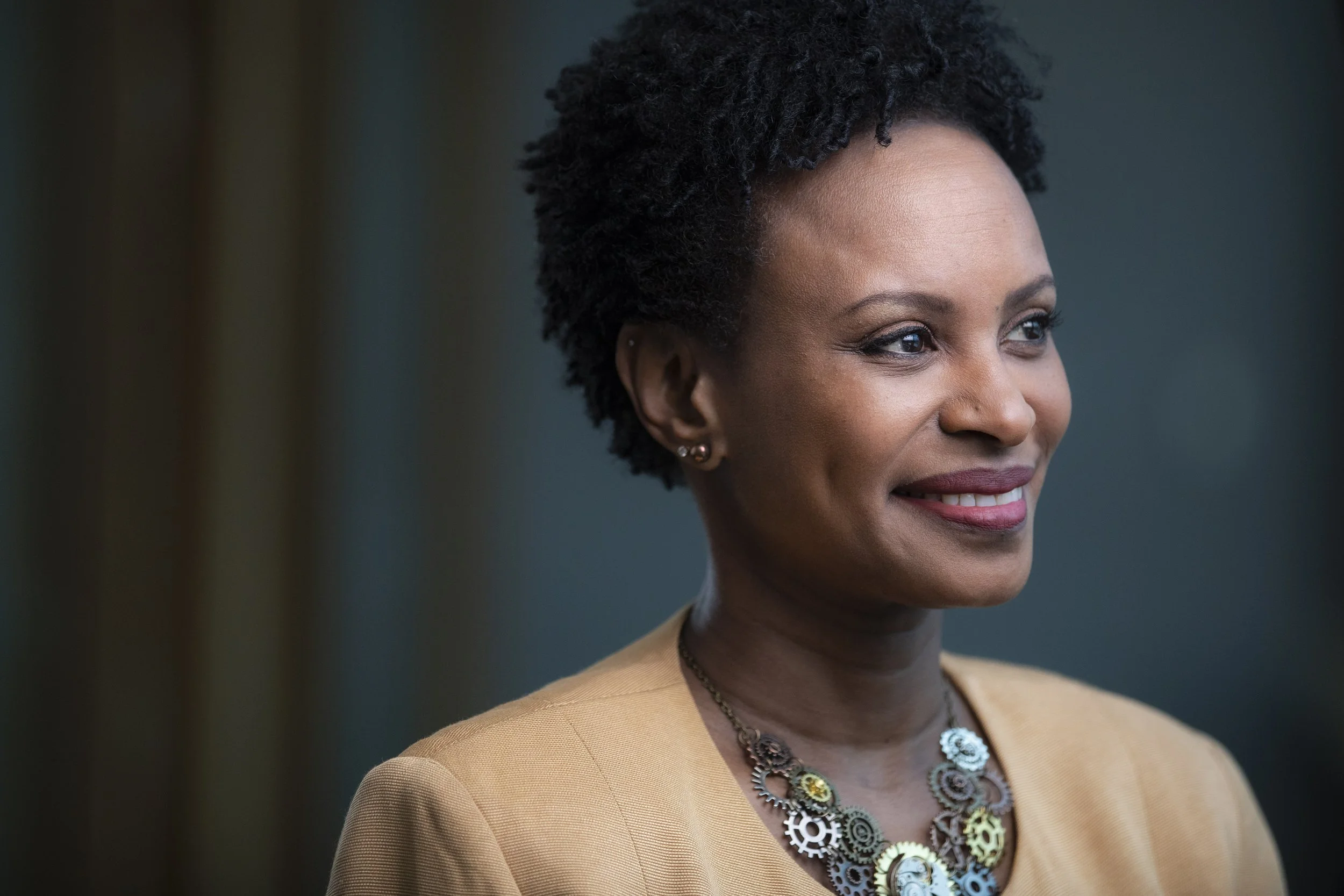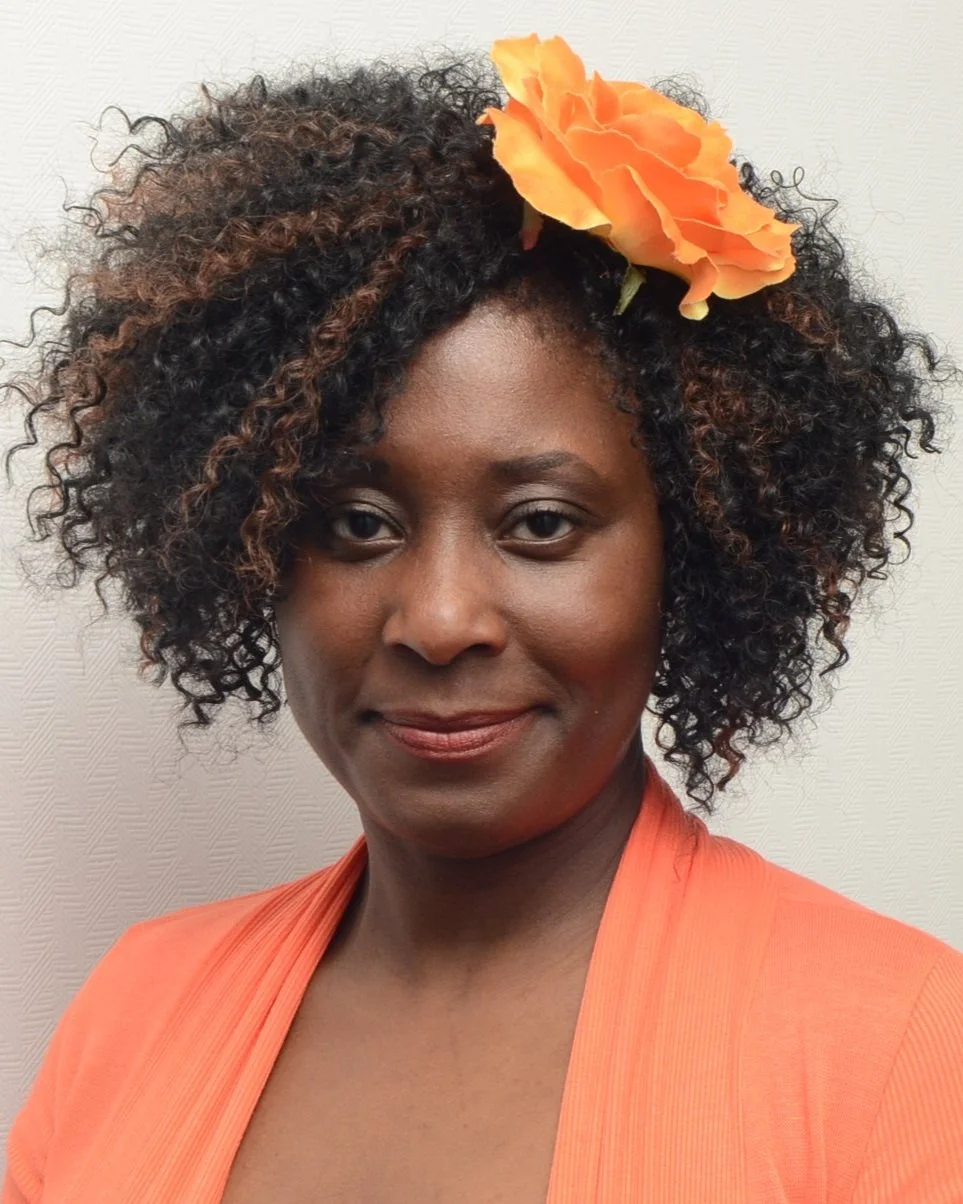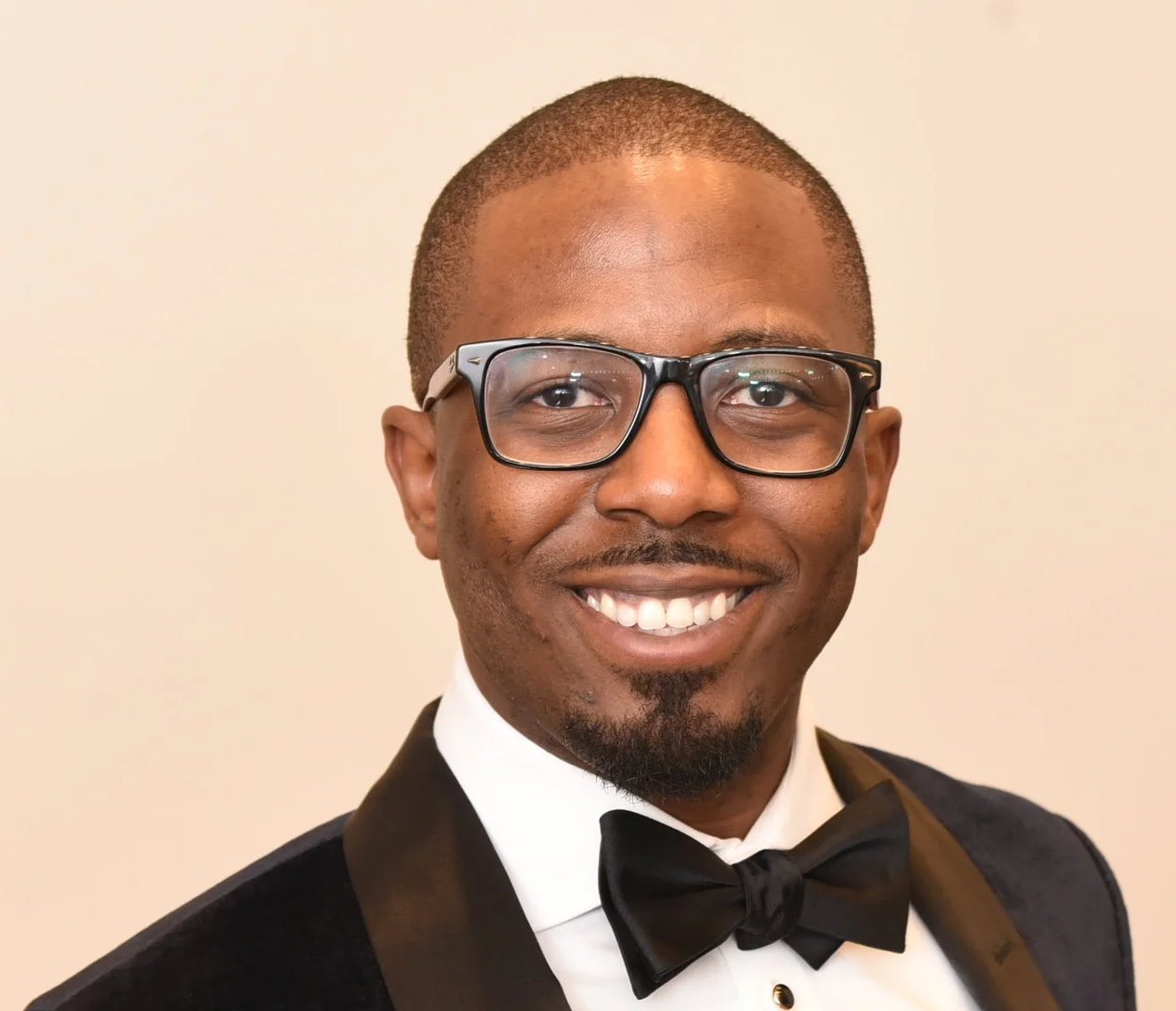National conference seeks to increase representation of Blacks in STEMM fields
Had Mayann Francis being exposed to Black role models in the sciences, she would have pursued a career in the field.
In high school, Nova Scotia’s first Black Lieutenant Governor excelled in physics and chemistry.
However, she wasn’t encouraged to pursue the sciences and there were no role models.
After her first year at Xavier Junior College, Francis took up X-ray technology studies at the Halifax Infirmary.
“I loved the courses, but I didn’t know what else I could do in the science field, that included physics,” she said in the concluding keynote address at the four-day virtual BE-STEMM (Black Excellence in the fields of Science, Technology, Engineering, Mathematics & Medicine/Health) on February 2. “I am sure that if I were to live life over again and the experience of Black science role models at this conference were in my life, I would have been in the field of science.”
The Canadian Black Scientists Network (CBSN), founded in 2020 to elevate, celebrate and connect Black Canadians pursuing or possessing advanced degrees in STEMM across sectors, organized the historic conference that attracted almost 1,500 participants.
Francis is confident that the organization’s leadership will inspire emerging Black scientists in high schools and universities.
“You are playing a significant role in moving progress forward in our challenging province, country and the world,” she said. “Your conference is a sign of hope, a positive and exciting example of intelligence, commitment, determination and encouragement to embrace and include the science industry in your personal life and in the life of Black Canadians. This conference told everyone, regardless of their colour or gender, that we are and can be scientists, technologists, engineers, mathematicians or researchers and journey into the medical field.
“The discussions and visions presented over the last four days will positively impact the vision of African Canadian people and/or numerous people in the science field who recognize and want to challenge the negative impact of systemic discrimination. To be an ally of Black scientists and Black communities, everyone must understand that the impact and legacy of slavery from generations ago is active in our world today in the form of systemic discrimination, White privilege, racism, unconscious bias, micro aggression and stereotyping.”
Francis said those who are in other professions could also lend their support to Black scientists.
“I am not in STEMM, but I admire and support people who are and who want to be,” the former Nova Scotia Human Rights Commission Director & Chief Executive Officer pointed out. “When I mentor young people, I always ask what they want to do in life. I encourage them to consider the field of science and other areas that will have a positive impact for them and Black communities. Whatever they choose, I encourage them to be the best at what they do, love who they are and be proud of who they are.”
Canada’s Prime Minister Justin Trudeau also spoke at the closing ceremony.
His government has committed to adding 1,000 Canada Research Chairs to help attract and retain top talent at Canadian universities and support graduate research with a focus on improving gender and racial equity among Canadian faculty, promoting inter-disciplinary research and reinforcing Canada’s world leading capabilities in life sciences and bio-medical research.
“By coming together to amplify the achievements of Black Canadians in STEMM, you are helping to level the playing field and inspire a new generation,” Trudeau said. “You are helping change the face of science in Canada, making it more inclusive and bringing your talent and experiences to your disciplines. The conference shows students and young professionals that there are people who look like them in these fields and it’s very inspiring. As someone who has spent time in front of a classroom, I truly appreciate being part of this event that celebrates academic accomplishment and encourages deeper learning among young people.”
Canadian PM Justin Trudeau (Photo contributed)
He encouraged the young attendees to retain everything they have seen and learnt during the event and take steps to seek out mentors and sponsors.
“Stay curious and remember there is more than enough space for your passion and your dedication in our world,” Trudeau noted. “I know that being a student hasn’t been easy during the past two years…We will continue to be there for you because now, more than ever, Canada and the world need scientists from all backgrounds. We need scientists like Dr. Juliet Daniel whose research is focused on triple negative breast cancers that are most prevalent among women of African ancestry and Hispanic women. We need researchers like those discovering life-saving COVID-19 vaccines and treatments, mathematicians and computer scientists who develop technology and bring us closer together and engineers who are inventing the clean innovations we need to fight climate change. We need you.”
The interdisciplinary conference highlighted established and emerging Black Canadians in STEMM fields through plenary and concurrent talk sessions.
There were also leadership summits aimed at sharing best practices for actions supporting justice for Black Canadians in STEMM across sectors, a career fair and sessions featuring high school and undergraduate students’ research.
For many Black students, there is a paucity of individuals in STEMM who look like them to turn to for inspiration and even fewer programs that reflect their lived experience and can connect them to peers.
CBSN is aiming to shift that narrative.
“We seek a Canada where people of all identities can pursue their passion for STEMM with the support of the systems needed for success,” said CBSN President and Co-Founder Dr. Maydianne Andrade. “We seek a Canada where we no longer have to talk about the resilience of Black youth to systems that push them away from their aspirations. We seek a Canada that fully benefits from the talent and innovation that lie in every identity group in equal measure.”
CBSN co-founder Dr. Maydianne Andrade was recognized with the inaugural President’s Award (Photo by Ron Fanfair)
Andrade said the CBSN is open to working with other organizations that focus on dismantling the challenges of discrimination and barriers to inclusion in STEMM.
“We simultaneously emphasize the need to maintain our network’s focus on Black Canadians,” the Toronto Initiative for Diversity & Equity founder and co-chair said. “Deliberate tailored interventions for Black communities are required to remove the longstanding discrimination, exclusion and oppression that were initially created to justify slavery and the ways in which those structures and stereotypes still manifest in the systemic anti-Black racism in the lives of Canadians.”
The University of Toronto Scarborough campus Biological Sciences Professor pledged that her network will not shirk from highlighting these realities.
“But, we will maintain a strong commitment to joining with all Canadians to build a more equitable society,” Andrade said. “We will say what needs to be said, but not with animosity or rancor. It will be done with transparency and with a goal that is not to shame, bemoan our situation or seek charity. Rather, we will claim our right to be recognized for what we are which is innovative, passionate, skilled and excellent.”
The first three days were spent celebrating STEMM and facilitating connections. On the last day, nearly 30 panelists discussed effective mechanisms for change across multiple sectors.
“This will allow us to reach across these silos of effort to build a national strategy,” Andrade added.
Plenary research keynote presenters included Harvard University Professor Dr. Cassandra Extavour, Dr. Isaac Odame who is the SickKids Hospital Hematology Section Head, Africa-Canada Artificial Intelligence & Data Innovation Consortium Director Dr. Jude Kong, environmental chemist Dr. Evelyn Asideu and Dr. Emily Choy whose research is focused on beluga whales as a sentinel species of change in the Beaufort Sea ecosystem.
Dr. Cassandra Extavour delivered the plenary research keynote on the opening day (Photo contributed)
Several awards were presented at the closing ceremony.
Kamiya Bridges, whose research is focused on bio-engineering ovarian follicles that are capable of secreting sex hormones and responding to gonadotropins, was the recipient of the Undergraduate Research Excellence Award, Queen’s University researcher Dr. Nomusa Angoma was honoured with the Research Excellence in Epidemiology Award, University of Waterloo first-year Master’s student Eugenia Dadzie received the Award for Research Excellence in Chemistry and molecular microbiologist Abiola Olaitan was recognized for excellence in Genomics and Bioinformatics.
Dr. Juliet Daniel was honoured for mentorship (Photo contributed)
McMaster University doctoral student Shane Taylor was honoured with the Award for Excellence in Cell & Molecular Biology, Evolutionary Biologist & Behavioural Ecologist Dr. Swanne Gordon was the Award for Research Excellence in Ecology & Evolution winner, Master of Science student Kia Barrow was bestowed with the Award for Research Excellence in Earth or Environmental Science, McMaster University Postdoctoral Research Fellow Dr. Blessing Bassey-Archibong was the recipient of the Award for Excellence in Cancer Research and University of Saskatchewan Pathology & Laboratory Medicine Assistant Professor Dr. Erick McNair was presented with the Outstanding Impact Award for Excellence in Health & Disease.
Dr. Cherif Irbrahima and Khail Diop shared the Research Excellence in Engineering Technologies & Engineering award, Carleton University Associate Professor Dr. Lucy Campbell was honoured with the Award for Excellence in Mathematics & Physical Science/Modelling and Peter Soroye and Ogonna Nwanhwo were recognized for their research excellence in Entomology.
Doctoral candidates Jonathan Burnie (U of T) and Khady Diagne (McGill) were presented with the Rising Star Awards for Excellence in Health & Disease, registered nurse Amanda Ottley received the Award for Research Excellence in Black & Community Impact and Leung Family Professorship in the Canadian Research Institute for Food Safety holder Dr. Lawrence Goodridge and Dr. Trevor Charles, who is an expert in analyzing genetic material, were recognized with the Award for Research Innovation & Impact.
Naomi Adebowale-Akinbulu and Shornelle Halstead won the Founders Award for Outstanding Science Fair Proposal in the junior and senior categories respectively, Jeanette Adjei and Destina Mattrasingh captured the Outstanding Poster Presentation awards, Sheri McDonald was presented with the Rising Star Award for Research Excellence and Dr. Shawn Hercules and Justin Fortin were honoured with awards for Outstanding Science Communication.
Dr. Rhonda McEwen was recognized for her significant impact in STEMM education and community-centred research (Photo contributed)
University of Toronto Mississauga campus Vice-Principal Academic and Dean Dr. Rhonda McEwen, who is also a Canada Research Chair in Tactile Interfaces, Communication & Cognition, was recognized for her significant impact in STEMM education and community-centred research, Dr. Juliet Daniel, who co-founded CBSN, was rewarded for outstanding mentorship and Andrade was the recipient of the inaugural President’s Award.


